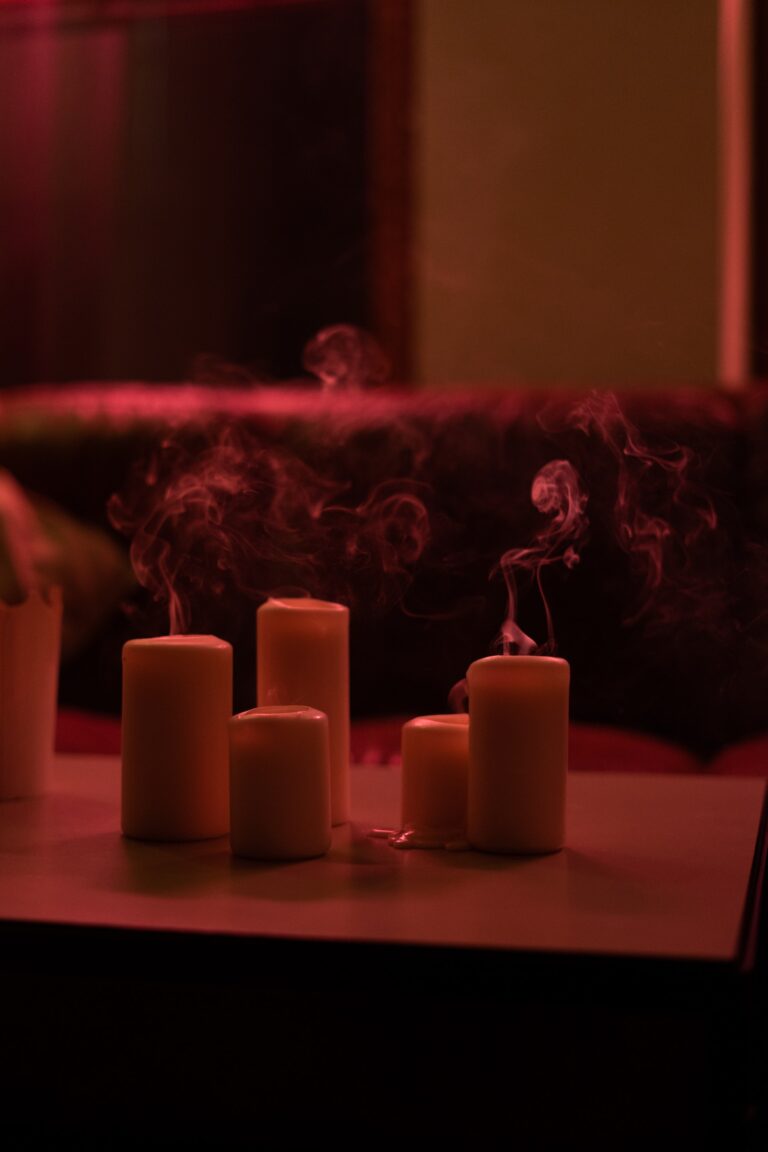Is Prostitution Legal in New Jersey, United States?
Prostitution is illegal in New Jersey, United States. Both buying and selling sexual services are considered criminal offenses, and those involved in the act can face severe penalties. New Jersey has strict laws to combat prostitution, and law enforcement agencies employ various strategies to identify, arrest, and prosecute individuals engaged in this activity.
What Are the Laws, Penalties, and Law Enforcement Strategies Regarding Prostitution in New Jersey?
New Jersey’s laws regarding prostitution can be found in the New Jersey Statutes Title 2C, Section 34-1. The law defines prostitution as engaging in sexual activity in exchange for something of economic value. Some key points of the legislation include:
- Both the person providing and the person receiving sexual services can be charged with prostitution.
- Promoting prostitution, or acting as a pimp, is also a criminal offense.
- Engaging in or soliciting prostitution within 1,000 feet of a school or school property is a more severe crime.
Penalties for prostitution-related offenses in New Jersey vary depending on the specific crime and any prior convictions. For example:
| Offense | Penalty |
|---|---|
| First-time offense of engaging in prostitution | Up to six months in jail and a fine of up to $1,000 |
| Second-time offense of engaging in prostitution | Up to one year in jail and a fine of up to $2,000 |
| Third or subsequent offense of engaging in prostitution | Up to 18 months in prison and a fine of up to $10,000 |
| Promoting prostitution | Up to five years in prison and a fine of up to $15,000 |
Law enforcement strategies in New Jersey to combat prostitution include undercover operations, street-level enforcement, and targeting online advertisements for sexual services. Additionally, police collaborate with community organizations and social service providers to address the underlying issues that contribute to prostitution, such as addiction and homelessness.
How is Prostitution Referred to Locally in New Jersey, United States?
Locally, prostitution in New Jersey is sometimes referred to as the world’s oldest profession or the sex trade. Street-level prostitution is often called streetwalking, while those who engage in prostitution may be referred to as sex workers or prostitutes. People who pay for sexual services are commonly known as johns or clients.
What is the History of Prostitution in New Jersey, United States?
Prostitution has a long history in New Jersey, dating back to the colonial era. In the 19th and early 20th centuries, red-light districts were common in many cities, including Newark and Atlantic City. However, public opinion began to shift against prostitution during the Progressive Era, and many states, including New Jersey, enacted laws to criminalize the practice.
Throughout the 20th century, law enforcement efforts to combat prostitution in New Jersey have evolved, with increased focus on targeting pimps, traffickers, and buyers of sexual services, rather than solely focusing on the individuals engaged in prostitution. Additionally, social service organizations have become more involved in addressing the underlying issues that lead to involvement in the sex trade.
What are the Government Laws and Links Related to Prostitution in New Jersey, United States?
Some important government laws and links related to prostitution in New Jersey include:
- New Jersey Statutes Title 2C, Section 34-1 – The primary statute defining and criminalizing prostitution in New Jersey.
- New Jersey Office of the Attorney General, Division of Criminal Justice, Human Trafficking Unit – This unit investigates and prosecutes cases involving human trafficking, including sex trafficking and forced prostitution.
- New Jersey Department of Children and Families, Office on the Prevention of Violence Against Women – This office coordinates statewide efforts to prevent and address violence against women, including prostitution and sex trafficking.
